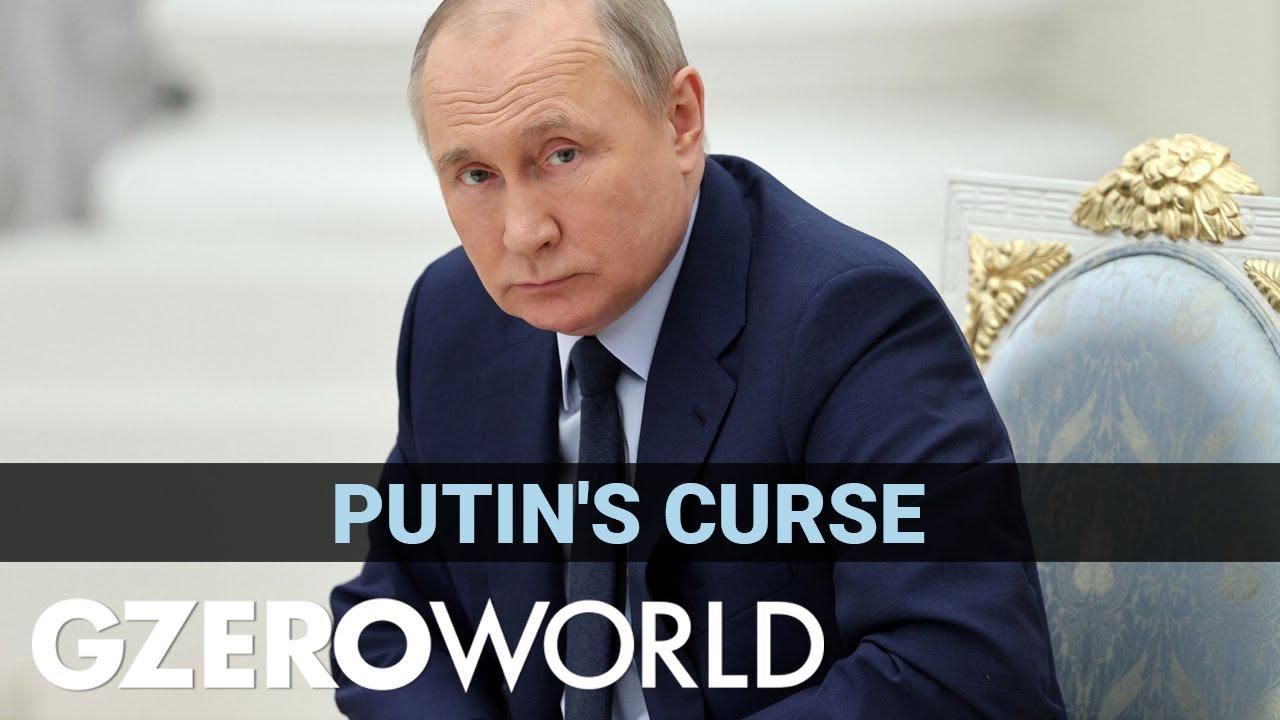
Thrilled to announce that GZERO has won the Bronze Telly Award for general history for this episode of GZERO World with Ian Bremmer (which was originally published online May 2, 2022.)
Two months ago, Joe Biden said invading Ukraine would cost Russia and Vladimir Putin dearly.
Since then, not much has gone Putin's way. But can he climb down without a win he can sell back home?
While the Russians focus on the Donbas, the US now seems to think it can make Russia lose — which could trigger an escalation if Putin feels he's out of options.
On GZERO World, Ian Bremmer speaks to political scientist Ivan Krastev, who believes Putin has the autocrat's curse: his back is against the wall because he can't be perceived as weak.
Krastev unpacks many of Putin's mounting problems, including his long-term fear of a shrinking Russian population, his miscalculations about the war, and why his biggest blunder has been to misread Ukrainians.
Bonus: What do people in America's largest Russian-speaking community think about the war? We visited "Little Odessa" in Brooklyn, where most have distanced themselves from Russia, support Ukraine and condemn the war itself — but there are still tensions below the surface.
- Putin past the point of no return - GZERO Media ›
- Putin, Ukraine, and the Rat Story - GZERO Media ›
- The Graphic Truth: The casualties of the Ukraine war - GZERO Media ›
- Is the war in Ukraine a fight for democracy itself? - GZERO Media ›
- The dangers of Russia losing badly - GZERO Media ›
- Putin has "mummified" Russia: Ivan Krastev On the Putin Effect - GZERO Media ›
- "Patriots" on Broadway: The story of Putin's rise to power - GZERO Media ›